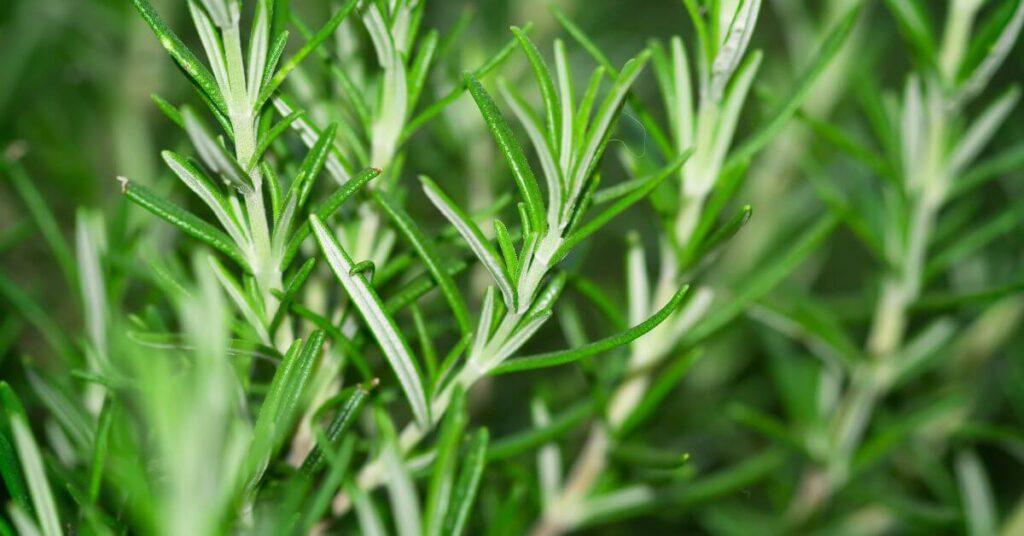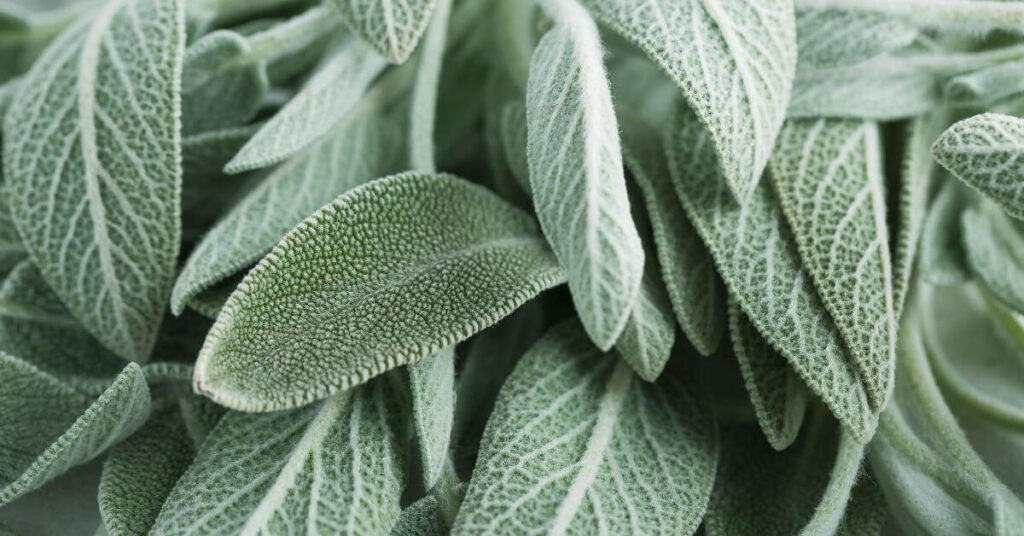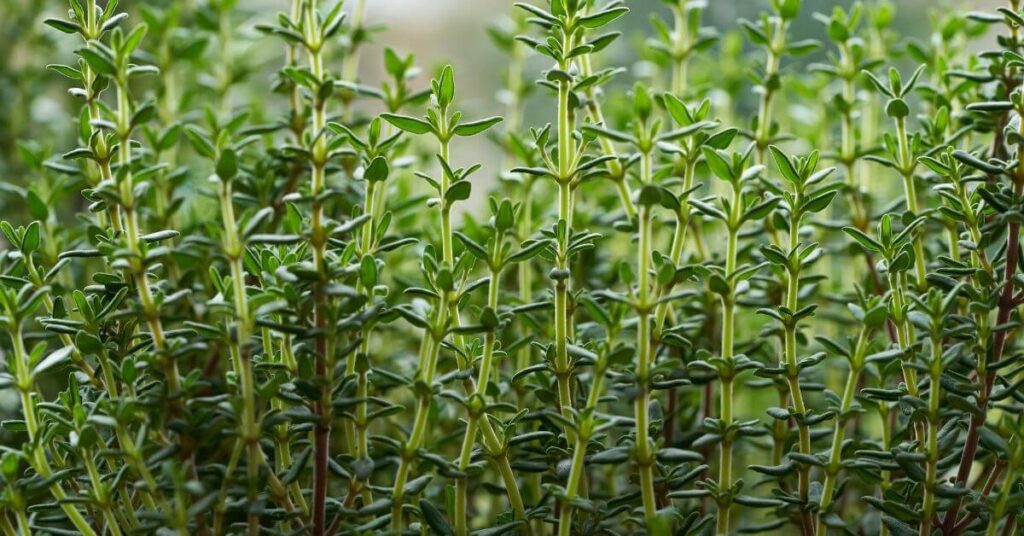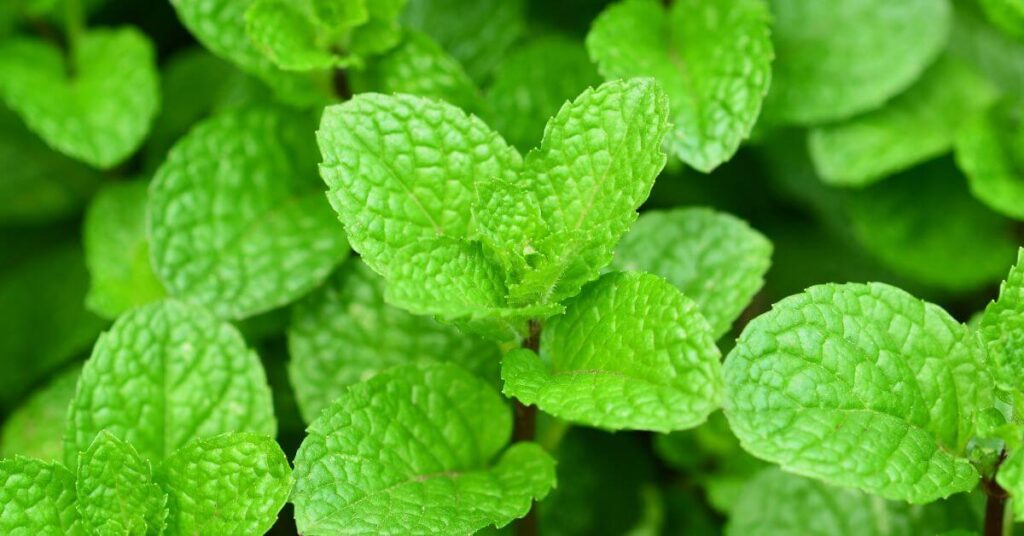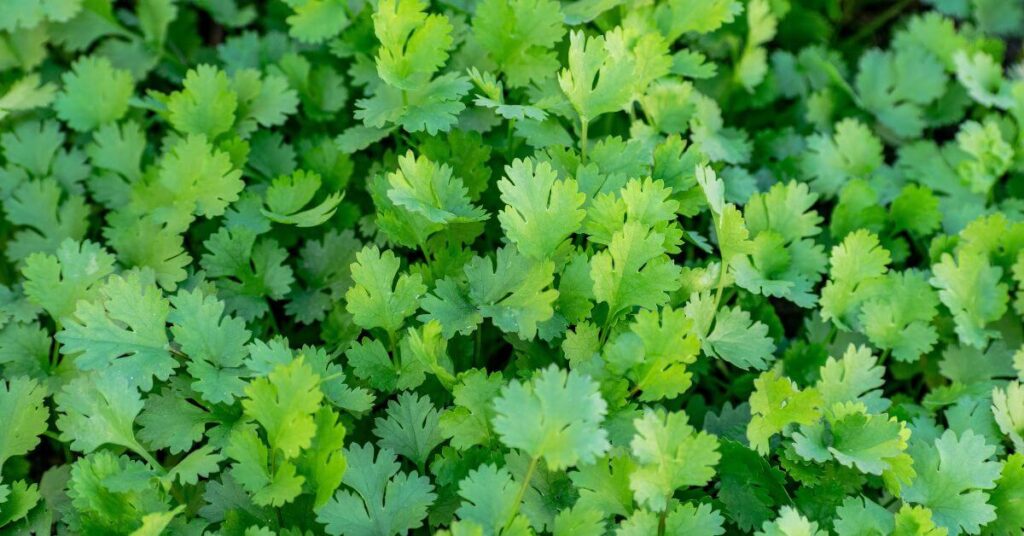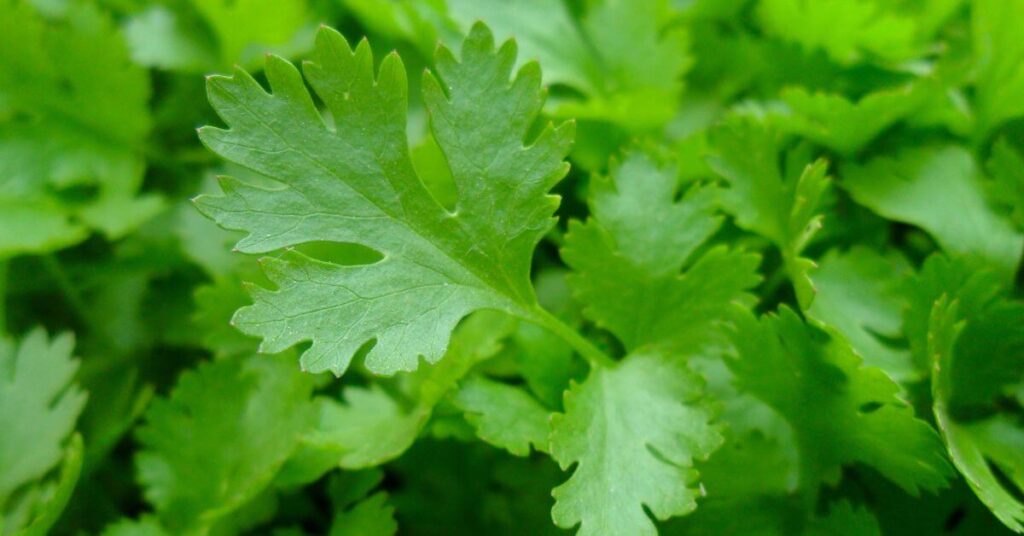Introduction:
Fennel (Pimpinella anisum) is an aromatic plant that captivates not only with its sweet and delicate aroma but also with its medicinal properties and culinary versatility. Originating from the Mediterranean region, fennel has been used throughout history by various cultures for diverse purposes. In this article, we will delve into the benefits, uses, and curiosities related to this fascinating plant.
I. Origins and Characteristics of Fennel:
Fennel belongs to the Apiaceae family and is scientifically known as Pimpinella anisum. Its common name derives from the Latin “foeniculum,” meaning “small hay.” The plant is characterized by its slender stems, feathery leaves, and small yellow flowers forming umbels. The essential oil extracted from fennel seeds is widely used in the perfume industry and in cooking.
II. Nutritional Properties of Fennel:
Fennel is a rich source of essential nutrients for health. Its seeds contain vitamins, minerals, and antioxidant compounds. Notable nutrients include calcium, iron, magnesium, vitamin C, and vitamin A. Additionally, the seeds are an excellent source of fiber, contributing to digestive health.
III. Health Benefits:
- Digestive Promotion: Fennel is known for its carminative properties, helping to alleviate digestive issues such as gas and indigestion. Consuming fennel tea after meals is a common practice in various cultures.
- Relief from Respiratory Disorders: Fennel essential oil has expectorant properties and is used in treating respiratory problems such as cough and nasal congestion.
- Antispasmodic Properties: Fennel is recognized for its antispasmodic properties, which can help relieve abdominal cramps and muscle spasms.
- Blood Pressure Control: Studies indicate that regular fennel consumption may contribute to lowering blood pressure, promoting cardiovascular health.
IV. Culinary Uses of Fennel:
The versatility of fennel in the kitchen is vast, used in various forms, from seeds to leaves and bulbs. Some popular culinary uses include:
- Infusions and Teas: Fennel tea is a comforting and popular beverage in many cultures. Moreover, fennel seed infusion is commonly used as a base for syrups and liqueurs.
- Seasoning in Cooking: Fresh fennel leaves are often used as a seasoning in salads, soups, sauces, and fish dishes. Its seeds, ground or whole, add an anise flavor to cakes, bread, and cookies.
- Preserves and Jams: Fennel is a popular ingredient in preserves and jams, adding a unique flavor and aroma to jellies and chutneys.
V. Curiosities and Cultural Traditions:
- History and Mythology: The history of fennel dates back to antiquity, mentioned in texts from civilizations such as the Egyptians, Greeks, and Romans. In Greek mythology, the plant was associated with the goddess Prometheus, who allegedly stole fire from the gods to gift to humans.
- Ritualistic Use: In some cultures, fennel is used in ritualistic practices and religious ceremonies due to its aromatic properties and symbolism associated with purification.
- Fennel in Traditional Medicine: Various traditions of traditional medicine, such as Ayurveda, use fennel to treat a variety of conditions, including digestive disorders and respiratory problems.
Conclusion:
Fennel is a plant that transcends its role as a mere spice or tea. Its health benefits, broad culinary application, and rich cultural history make it a valuable addition to the repertoire of herbs and spices. By exploring the many facets of this fascinating plant, we can appreciate not only its unique flavor but also the numerous benefits it offers to the body, mind, and soul. May fennel continue to enchant and enrich our lives, as it has done for centuries.

